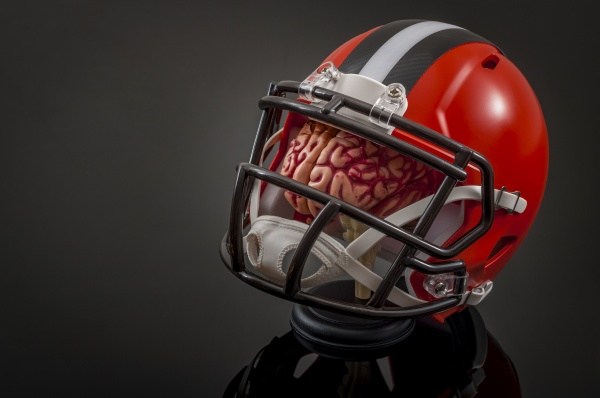Helping to alleviate #chronic#pain in people involves more than just prescribing pills for them to pop or giving them a shot. Pain management, or algiatry, is the medical specialty of preventing, evaluating, treating, and rehabilitating persons in pain.Chronic pain may have originated with an injury or infection or there may be an ongoing cause of pain. Some people suffer chronic pain in the absence of any past injury or evidence of body damage.Whatever the cause of the pain, its management and relief should take a multidisciplinary and #holistic approach. It’s also important to note that there is not just one approach to pain management; what works for one person may not work for another person who has the same disease and is the same gender or age.
Often, medications alone aren’t enough to treat chronic pain. Other treatments may be more effective and medication may be more effective when combined with other treatments. Other available treatments may include:
• Nerve blocks. If a group of nerves, called a ganglion or plexus, causes pain to a specific organ or body region, injections with local anesthetics may be useful for blocking the pain in that area.
• Electrical stimulation. The most common form of electrical stimulation is transcutaneous electrical nerve stimulation (TENS), a technique that uses a small, battery-operated device to stimulate nerve fibers through the skin.
• Injections. Local anesthetics, sometimes combined with a corticosteroid, may be injected around nerve roots or into muscles and joints to relieve irritation, swelling, and muscle spasms.
• Surgery. Although sometimes surgery is clearly necessary to relieve a problem that is causing pain, it is often a treatment of last resort. If pain has not responded to any other treatment, surgery on certain nerves may offer relief and allow you to resume normal activities.
• Massage therapy: Used for a variety of health-related purposes, including pain relief, rehabilitation of sports injuries, stress reduction, increased relaxation, addressing anxiety and depression and general wellness.
• Meditation: Sometimes used to increase calmness and physical relaxation, improve physiological balance, cope with an illness, or enhance overall well-being.
• Tai chi: Tai chi practitioners move their bodies slowly, gently and with awareness, while breathing deeply. Among other benefits, it can be practiced to ease pain and stiffness.
• Yoga: Yoga is a mind and body practice in complementary medicine with origins in ancient Indian philosophy. The various styles of yoga that people use for health purposes typically combine physical postures, breathing techniques, and meditation or relaxation.
• Acupuncture: The most used and studied acupuncture technique involves penetrating the skin with thin, solid, metallic needles that are manipulated by hand or electrical stimulation.
A multidisciplinary approach is designed to help people become part of the treatment team and take an active role in regaining control of their life. The focus of multidisciplinary pain management is to help restore their function in spite of the pain.
Paul Coelho, M.D., is a physical medicine and rehabilitation physician in the pain management department at The Corvallis Clinic. He can be reached at 541-754-1266.
Curated from A holistic approach to pain management | Columnists | democratherald.com








